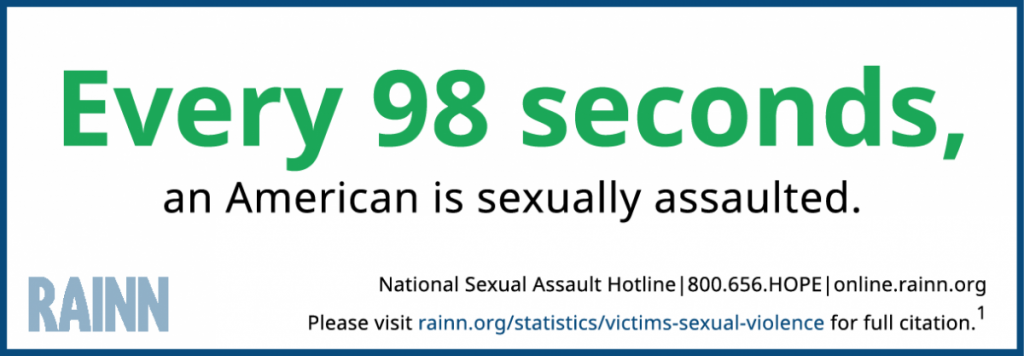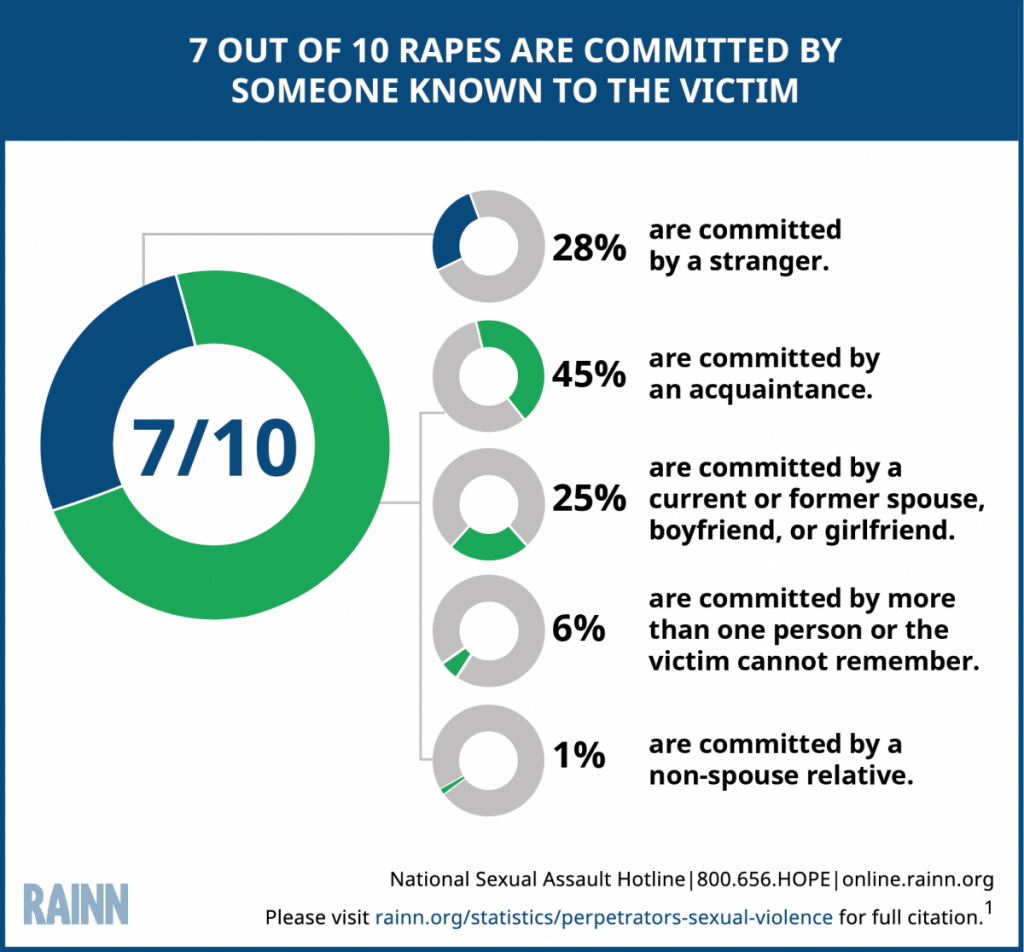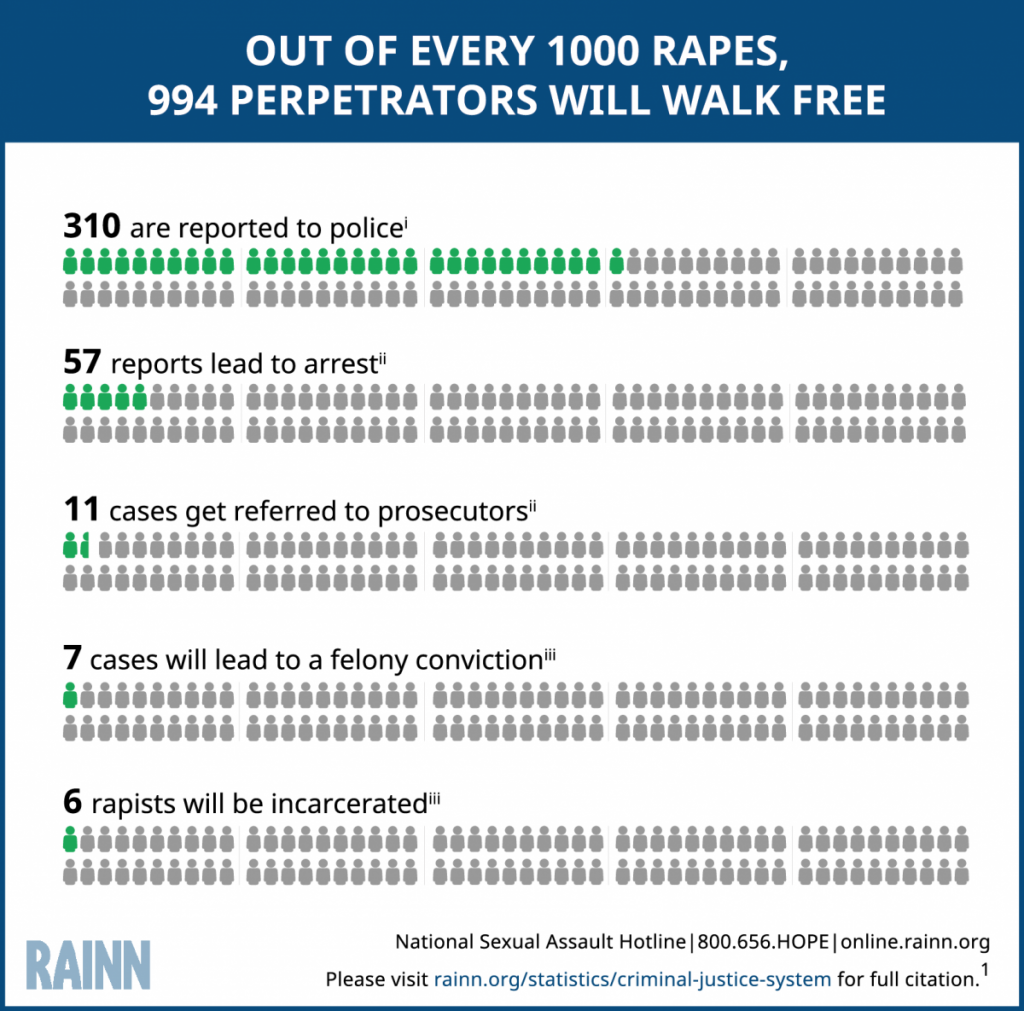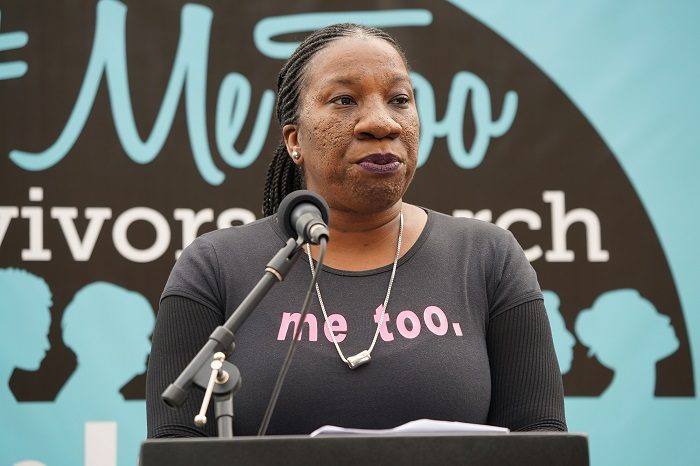In 2017, the #MeToo movement started by activist Tarana Burke dominated social media and made Time’s Person of The Year.
It took off in a big way after these NYT reporters published accusations of sexual misconduct against Hollywood producer Harvey Weinstein. Cue a flood of accusations against other high-profile men including Kevin Spacey, Matt Lauer, Charlie Rose, Al Franken, Louis CK, George HW Bush, Dustin Hoffman, James Toback, Brett Ratner, Russell Simmons, Mario Batali, and many more.
Women are fed up.
And they’re letting it be known.
They’ve stepped up, forcing powerful public male figures to step down.
A previously hushed dialogue has been amplified, stirring social conscience and forcing sexual harassment to be recognized for what it is: a war on women with roots that run deep in our history, culture, and present reality.
We have made great strides, but this is only the beginning.
How This Affects Everyone
When women lose, we all lose.
If caring about women’s health and well-being isn’t enough, then let’s look at the numbers from a business standpoint.
Annually, rape costs the U.S. more than any other crime ($127 billion), followed by assault ($93 billion), murder ($71 billion), and drunk driving ($61 billion).
Beyond that, sexual harassment in the workplace affects all workers, true cost includes decreased productivity, increased turnover, and reputational harm. All of this is a drag on performance–and the bottom-line.
Staggering Stats
The truth is uncomfortable, inconvenient, and consequently, unwelcomed.
The first step to radically changing our reality is recognizing that the problem exists.
It’s time to pull back the curtain, pull up a chair, and face the uncomfortable.

One out of 6 American women has been the victim of an attempted or completed rape in her lifetime.
91% of the victims of rape and sexual assault are female. Sexual violence against anyone is wrong. Women are disproportionately affected by sexual violence.

In eight out of 10 cases of rape, the victim knew the person who sexually assaulted them. This is not just a problem in the entertainment business or in the workplace, this is happening at schools and in the home. It’s happening between co-workers, acquaintances, friends, and family members, leaving women with virtually no “safe” space.
81% of women report significant short-term or long-term impacts such as Post-Traumatic Stress Disorder (PTSD).
One in 5 women are sexually assaulted while in college.
More than 90% of sexual assault victims on college campuses do not report the assault. Our society is plagued by rape culture, with college campuses as a feeding ground for predators. There is nothing normal about it, and yet it has become the norm.
Out of every 1,000 rapes, 994 perpetrators will walk free.

Why?
First of all, not enough women are reporting the crime. Reasons for not reporting include:
- Believing it was a personal problem
- Fear of reprisal
- Believing it wasn’t important enough to report
- Not wanting the perpetrator to get in trouble
- Believing police couldn’t do anything to help
- Reporting but not to police
The stats speak for themselves. Women do not feel safe, and with reason. Our society teaches women that rape is a personal problem, that reporting or demanding justice is an inconvenience.
If the very institutions meant to protect us cannot do anything, or we don’t have faith in them to do anything, then what good does reporting do?
Of the 310 rapes that are reported, only 57 lead to an arrest, 11 are referred to prosecutors, 7 will lead to a felony conviction, of which rapists will be incarcerated.
These numbers only reflect cases that are reported—how many have gone unreported?
Our current reality is unacceptable.
“Not everything that is faced can be changed, but nothing can be changed until it is faced.”
We have two options.
We can take the cynical approach: assume people cannot change and do nothing, allowing the problem to persist.
Or, we can take the proactive approach: learn to identify the cause of sexual harassment, call it out for the injustice and disgrace that it is, and do something about it.
Sexual harassment is wrong.
We must stop thinking that male aggression and abuse of power is “normal,” “not a big deal,” or “only happens a handful of times.”
We can change our story.
It’s Up To Us
No one individual has all the answers.
Each and every one of us holds a moral obligation to stop sexual harassment in its tracks, and proactively prevent its spread. Everyone in society must feel a stake in this effort because it affects us all.
What You Can Do
- For starters, don’t be a part of the problem. Don’t harass anyone.
- Women: continue to share your stories. There is strength in numbers.
- Men & allies: stand in solidarity. If someone tells you they’ve been harassed, believe them.
- If you know someone who has been harassed, connect them to resources who can help, such as the ones found here.
- Support those affected by sexual harassment by donating to the TIME’S UP Legal Defense Fund.
- If you are part of an organization or business, look at the workforce and the leadership. Create and/or refine policies, training, and resources.
- Vote with your wallet. Spend or give to companies and organizations who have more equitable leadership and opportunities for all.
If you’re not part of the solution, then you’re part of the problem.
Ask the difficult questions. Sharpen your inquiry. Do something.
No more silence.
No more waiting.
No more tolerance for harassment.
Time’s up.








